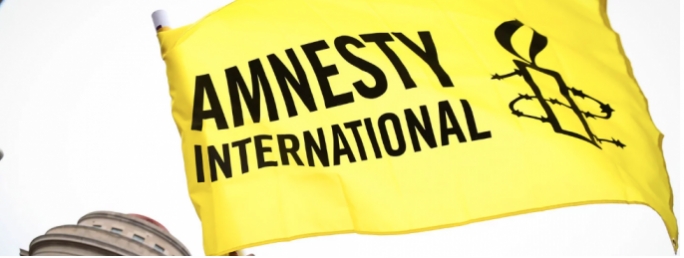July 1976 proved to be pivotal in justice systems on both sides of the Canada/US border. On the 14th of July, Canada took a significant step forward for human rights and justice by removing the death penalty from its Criminal Code. Yet only twelve days earlier, the US Supreme Court ruled that the death penalty was constitutional (after a period of moratorium). Since that time, the United States has executed 1,436 people. After abolition, Canada’s per capita rate for homicide has steadily declined, it is now at the lowest murder rate since 1966. In contrast, the United States has not had a steady drop in the homicide rate until quite recently and it remains well above that of Canada. Notably, the homicide rate remains higher in states that execute than those that do not. When Canada abolished the death penalty in law it joined a small number of countries, but today they represent more than half of the world’s countries. More than two thirds of the world’s countries no longer execute.
The end of the death penalty was not always pretty. The final hangings in 1962 in Toronto were botched, nearly decapitating the condemned and possibly innocent American prisoner, Arthur Lucas. Hanged on the same night was Canadian Ronald Turpin. Turpin was convicted of killing a police officer. Today, in the United States we continue to hear of botched executions even when more modern methods, such as lethal injection are used. Prisoners have died in agony from procedures that may last up to an hour. Like Turpin and Lucas, these prisoners often come from backgrounds of poverty and abuse.
There have been attempts to bring back capital punishment, including a House of Commons open vote in 1987. However, since then, Canadian Supreme Court decisions and the ratification of international human rights instruments have ensured that the death penalty will never be used in Canada again. The argument in Canada is, for all practical purposes, over – abolition is here to stay.
In the United States, efforts continue to be made to repeal the death penalty from state and federal law. While some state governors have embraced abolition, there are clear exceptions. The Governor of Nebraska, having failed to veto legislation last year that would abolish the death penalty, personally funded a petition to put the issue to a referendum. Many organizations oppose the death penalty, representing both the political left and the political right, family members of murder victims, law enforcement personnel, and traditional civil rights organizations. The arguments vary, but lately have been based on issues of innocence, racism and cost.
Canadian death penalty policy has, since 1976, progressed steadily from simple abolition to the refusal to extradite prisoners to situations where they may face execution abroad. With a set-back in policy in 2007, when the Harper government attempted to withdraw efforts to seek clemency for Canadian Ronald Smith, the new government of Canada has since reversed the case-by-case “policy” enacted by the previous government. The Trudeau government has already strongly stated its opposition to executions and has indicated a strong desire to return to a being a leading voice in advocating the end of capital punishment around the world.
Global abolition of the death penalty protects human rights, not just for the citizens of countries who still have the death penalty, but also for Canadians. In the past ten years at least six Canadians have faced possible execution in other countries, including a juvenile. The only way to ensure Canadians are safe from the threat of execution, is to ensure that the world is free of execution. Arguing from a principled opposition to the death penalty is also the strongest way to help save someone from execution.
Even the most advanced legal systems in the world cannot guarantee that only the guilty will be convicted. News of wrongful convictions is frequently heard of in the United States for those on death row. Canadian legal systems also wrongly convict. Ontario’s ordeal of undoing the damage of wrongful convictions, such as those attributable to Dr. Charles Smith, is one example that will take years to address. But with the death penalty, the consequences of a wrongful conviction are forever.
We know from our own experience that abolishing the death penalty does not cause an increase in crime. We also know from American experience that continuing the death penalty can make a modern system so expensive that it can bankrupt jurisdictions prosecuting a handful of people.
Canada has taken a significant step forward with the abolition of the death penalty. Together, Canada and other countries can work to end the death penalty. We may soon have the United States join us. Happy 40th Anniversary, Canada!













